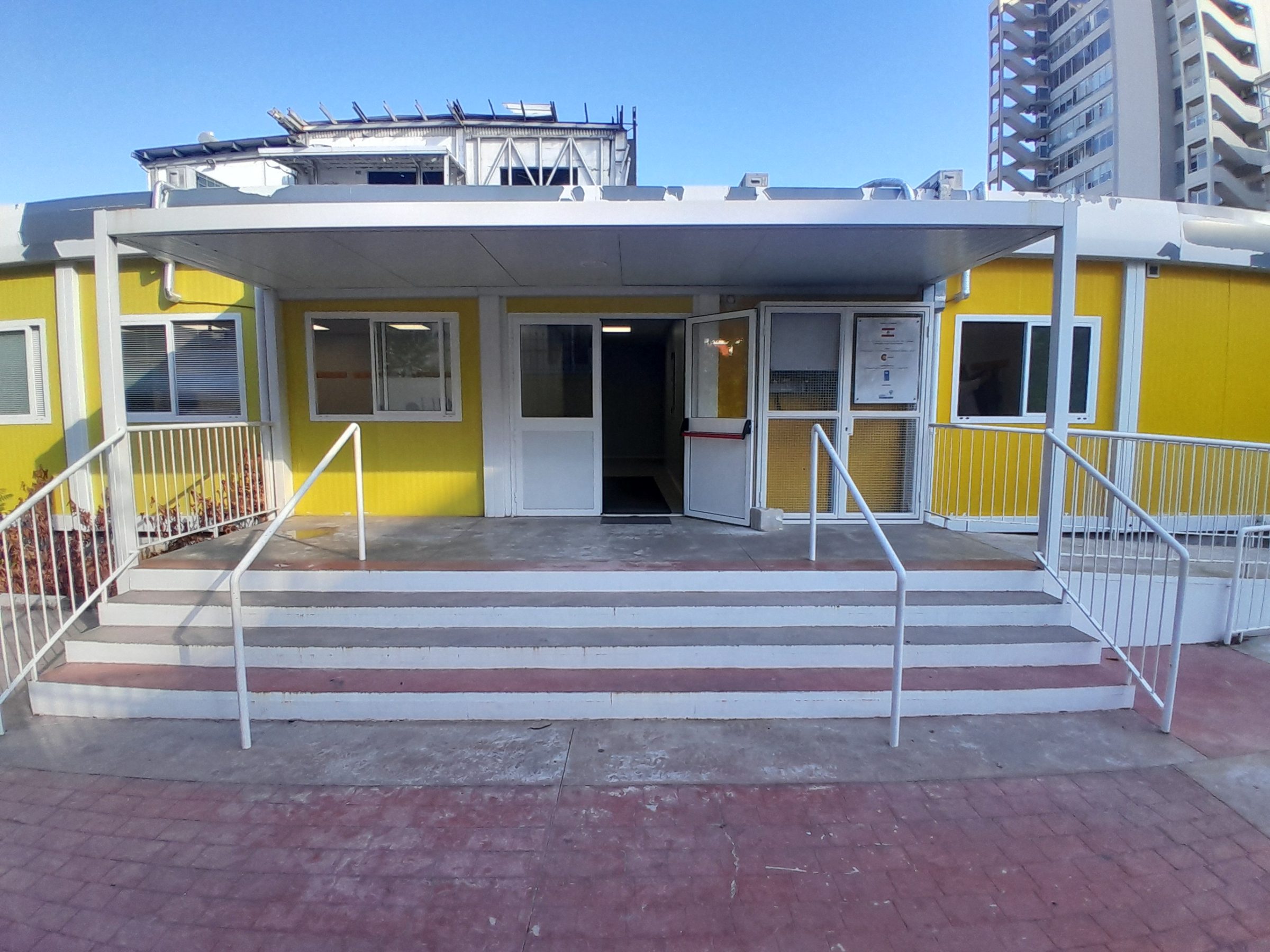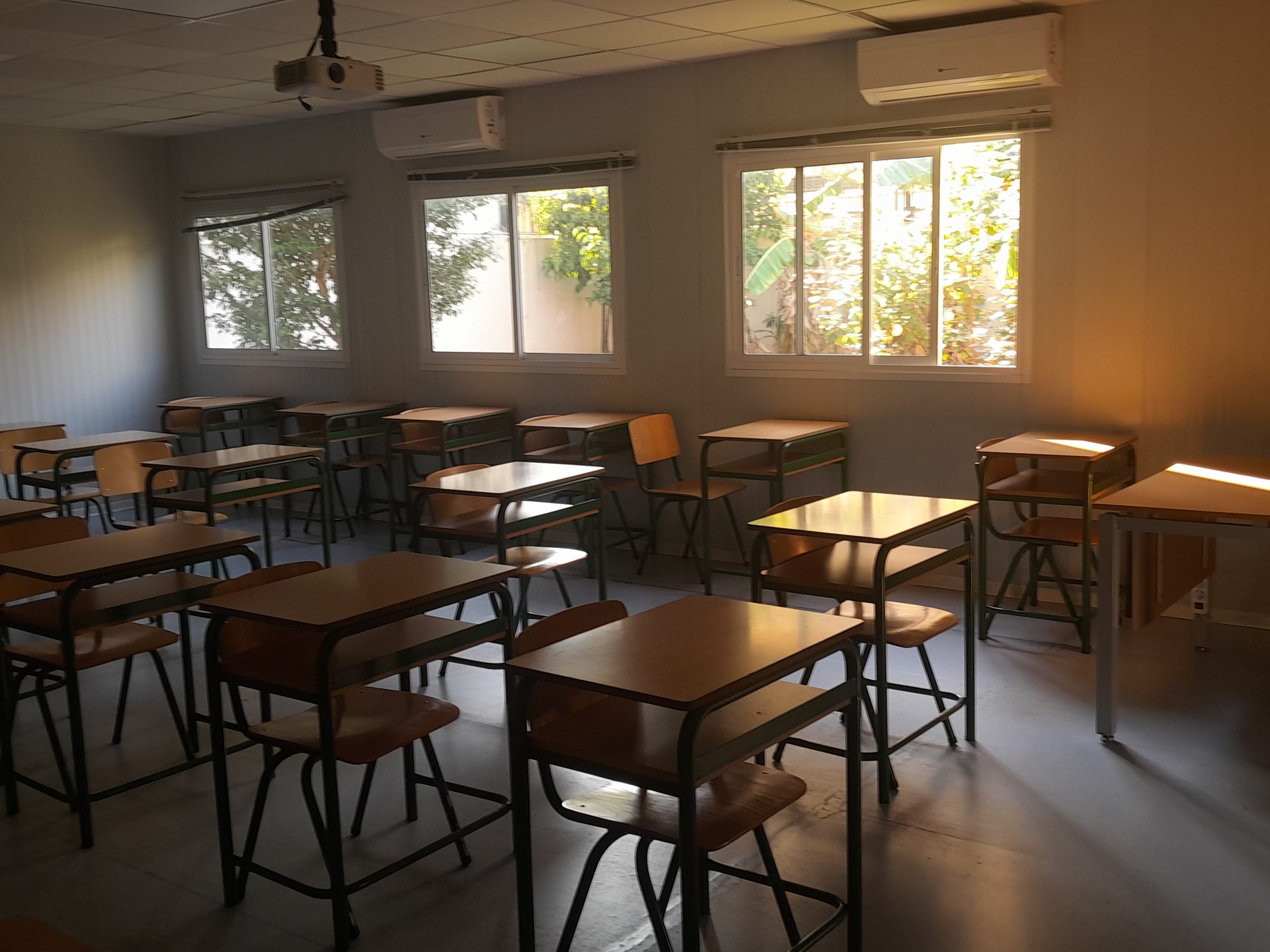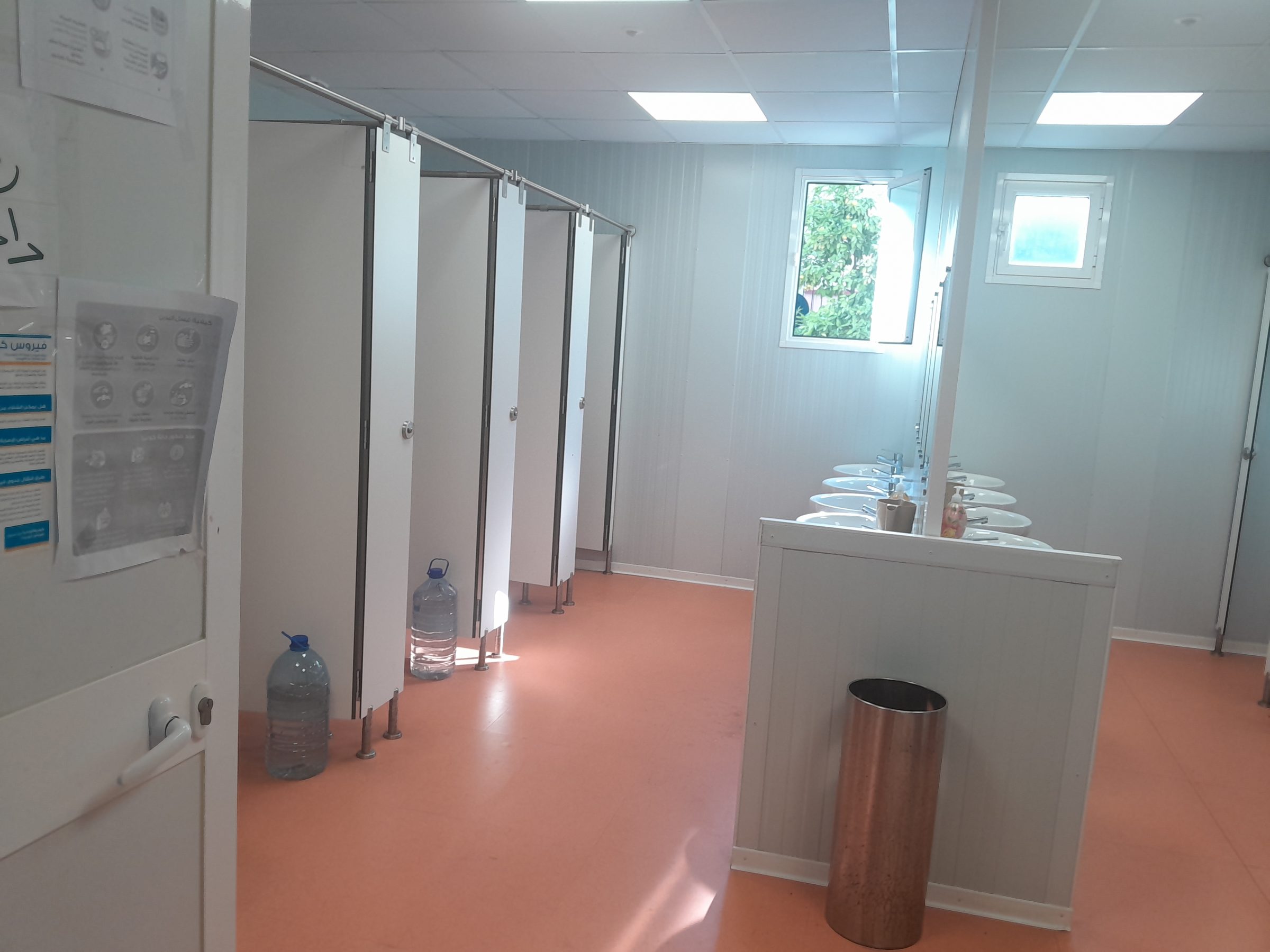For Jasmine, a high school student in Lebanon, each school day has become a test of resilience and adaptability. As Lebanon faces its worst economic crisis in decades, compounded by a devastating Israeli aggression that has forced hundreds of thousands of residents to seek shelter including in public schools, young people like Jasmine find themselves fighting for a chance at a future, navigating disrupted education, uncertainty, and the emotional toll of the war and its consequences.
Jasmine’s story is not unique, yet it captures the struggle of a generation born into a country now fractured by overlapping crises including a severe financial breakdown since 2019 that saw many move from private to public schools due to economic pressure.
Jasmin is one of those who began her education in private school, where her mother worked tirelessly to pay tuition. But as Lebanon’s financial collapse escalated, so did the cost of education. Each year, tuition fees increased, leaving Jasmine’s family unable to keep up.
“We had to make a choice,” Jasmine says. “My mom couldn’t keep working extra hours without knowing if there would be work at all. It’s a scary feeling, not knowing if you’ll even have a school to go to next year.”
With no other options, Jasmine transferred to one of Lebanon’s scarce English-speaking public schools, where classes are four days a week—a small glimmer of hope amid uncertainty. But even this new beginning came with constant disruptions. By September, when schools were meant to open, many had instead become temporary shelters for families fleeing violence from other parts of the country.
Jasmine’s school was lucky; it remained open, though severely under-resourced. “It’s barely a building,” Jasmine describes, referencing its reliance on containers provided by the Spanish embassy as makeshift classrooms. Still, the daily routine is a lifeline, even if it is a fragile one. “When we were finally told school would start on 4 November, I was excited but nervous—schools keep closing and reopening. Every day, there’s something on the news.”
Jasmine explains that even though the Spanish embassy made sure that the school is fully provided with all that is needed such as air conditioning systems, smart boards, and new equipment, unfortunately basics like electricity and water are not available.
Following Israel’s attacks on central Beirut on November 18 teaching turned into online classes after the ministry of education issued a decision to close all schools and universities.
Even on days when the school remains open, learning is sporadic. Jasmine’s week is filled with shortened hours and missing teachers. Basic facilities like bathrooms lack water, and textbooks are in short supply. “We have to bring gallons of water to wash our hands,” she explains. “There aren’t even enough books to go around—some students are reusing old workbooks, erasing answers written in pencil.”
The disarray extends to her curriculum. With only three days of classes each week, Jasmine worries about falling behind. “There’s no way we’ll cover the curriculum,” she says. “Math, Arabic, history—these subjects need regular hours to understand. We’re rushing through everything.” Teachers, she says, are equally frustrated, uncertain about what to prioritize in their lessons as government support falters.
On her first day back, Jasmine entered a classroom of only twelve students, in a space designed for thirty-five. Many students had fled Beirut, their homes destroyed, or their families choosing safety over stability. With each passing day, new students arrive in Jasmine’s class, often unannounced, attempting to find a semblance of routine.
“The head supervisor even admitted to us that no one is sure what will happen,” Jasmine shares. “The Ministry doesn’t know if we’ll even have classes next week. This constant disruption is exhausting.”
Jasmine is acutely aware that her hardships are part of a larger, systemic collapse. She sees the war playing out in her community, in the faces of her classmates who must sacrifice their education, health, and dreams. “It’s like we’re all carrying each other’s burdens,” she reflects. “It’s a weight you can’t put down, even when you leave school.”
Jasmine emphasizes the tireless work of the school principal to comply with the Ministry’s ill-considered decisions to ensure a stable educational environment, highlighting the efforts of the competent teachers who communicate daily with the students to ensure the smooth running of the educational process, either by preparing materials to compensate for the lack of availability of books or by communicating with students who cannot reach school.
Despite these challenges, Jasmine’s desire for a better life remains unshaken. “I want a future. I don’t want to be defined by this crisis or the war,” she says. “I want to make something of myself, not just survive.”
In a country where young people have few escapes from the daily reality of economic hardship and the ongoing Israeli aggression, Jasmine’s determination shines through. “School used to be a place of hope, but now it’s just survival,” she reflects. “We need an education to rebuild this country, but it’s slipping away from us. I don’t want to give up, but every day gets harder.”
As the Israeli attacks on Lebanon continue, students like Jasmine hold onto a fragile sense of hope, pushing forward despite the odds, fighting not just for education but for their right to a future.



